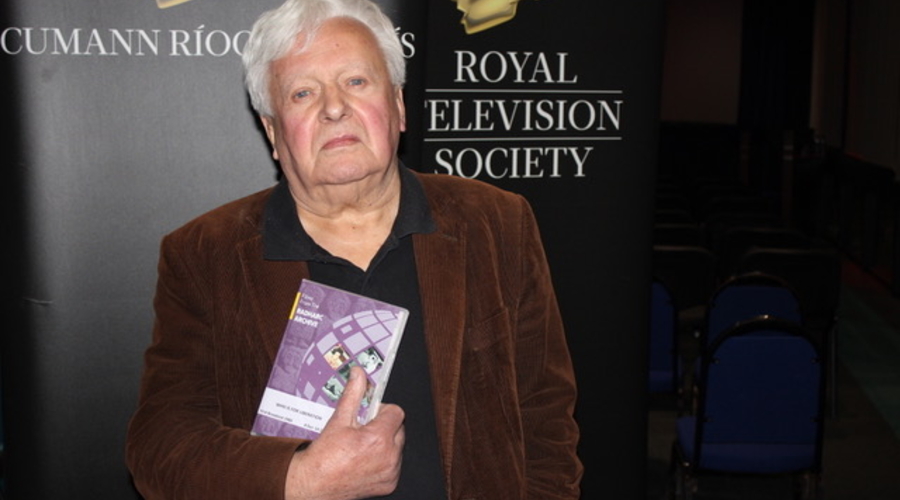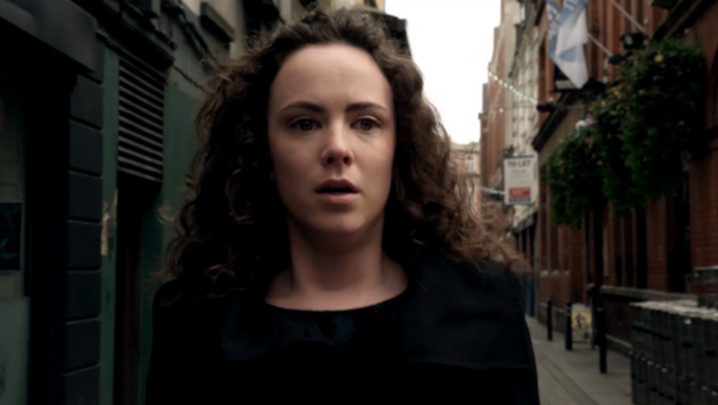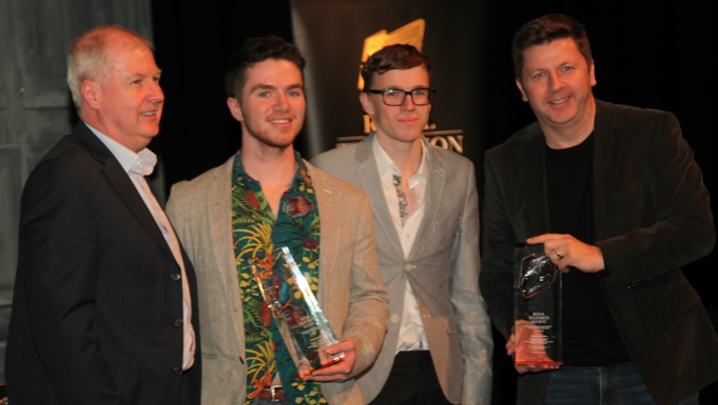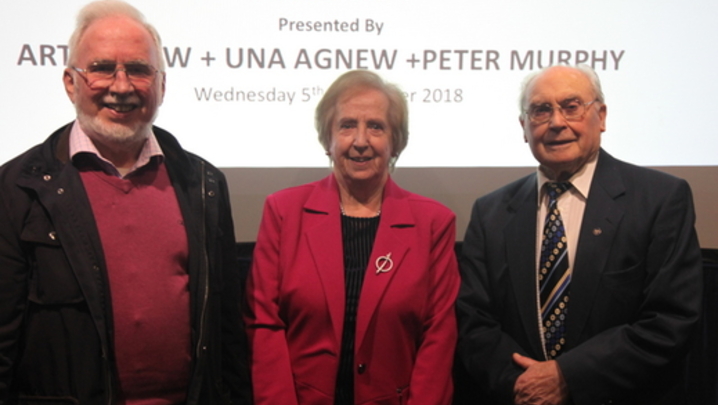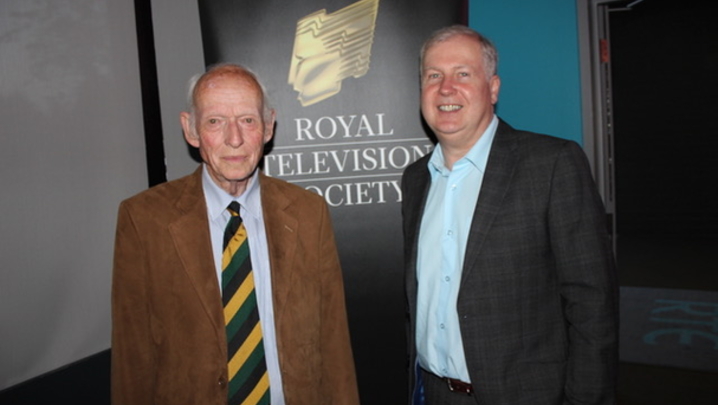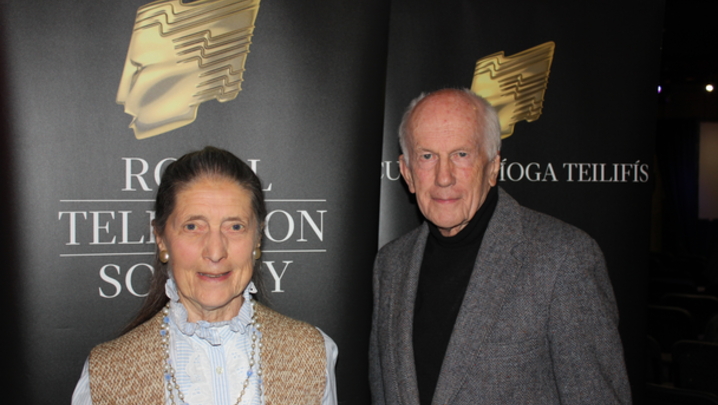The latest RTS Republic of Ireland event at the end of October threw a light on the Radharc documentaries, made over almost four decades by a film unit of Catholic priests in Ireland.
In his presentation at RTÉ Television Centre, Dublin, Peter McEvoy explained how the Radharc – Gaelic for vision – films started in the early 1960s. They are not religious programmes as such, but reflect a spiritual ethos.
McEvoy, a former RTÉ producer, used excerpts from the films to illustrate Radharc’s remarkably broad reach, both geographically and thematically.
The first Radharc programme was aired in January 1962 and over the next 34 years RTÉ broadcast more than 400 from Ireland and around the world.
Radharc films picked up many awards both national and international and were regularly in the viewers’ top ten of most-watched programmes on RTÉ.
The film-makers were not afraid to tackle difficult and controversial topics. Their standing as clergy allowed them a level of access that a team of lay film-makers might not have been able to achieve. Night Flight to Uli, filmed in Biafra during the Nigerian Civil War at the end of the 1960s, brought the famine in the region to the world’s living rooms and led to the launch of the charity, Concern.
Preserving the archive is the mission of the Radharc Trust, headed by Peter Dunn, a brother of one of the Radharc founders, Father Joe Dunn.

